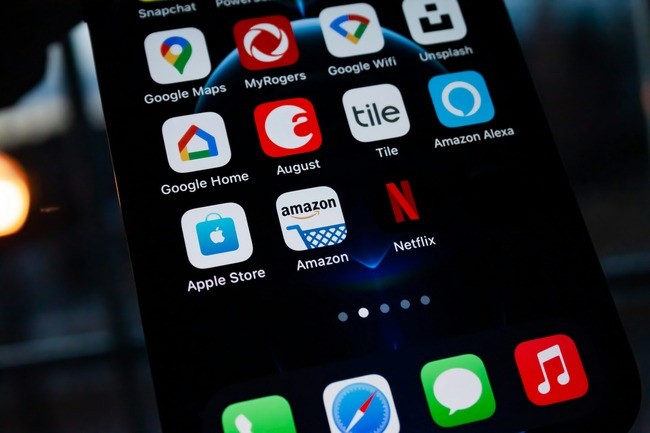
Apple plans to make significant European service adjustments in response to new EU antitrust laws. These changes will include enabling iPhone customers to download other app stores and providing new choices for payment processing.
This move is intended to comply with EU rules and lessen the dominance of the App Store. It is slated to take place in March by the Digital Markets Act. Apple contends that these modifications carry significant risks, bringing possible dangers, including viruses, fraud, scams, and issues with users' and developers' privacy. Redesigned to comply with EU regulations, it marks a change in Apple's strategy for app distribution and payments.
Apple Raises Concerns About Security Risks as EU Allows Alternative App Stores
In reaction to new EU antitrust legislation, Apple has voiced worries about possible dangers related to impending changes that will permit iPhone users in the EU to download apps from alternate shops.
According to the tech giant, these modifications present serious risks like malware, fraud, scams, illegal and dangerous content, and other problems with privacy and security.
The iPhone maker further asserts that the updates compromise its ability to detect, prevent, and take action against malicious apps. Additionally, supporting users impacted by issues with apps downloaded outside the App Store becomes more challenging. Apple has decided to limit these changes to the EU to mitigate risks, emphasizing its commitment to user privacy and security.
Alternative app stores in the EU will undergo a notarization process to check for malware and viruses, but Apple will not evaluate the content of these apps. While notarization adds a layer of safeguards, Apple acknowledges that risks are still associated with the alternative app store system.
The identified risks encompass installing software from unknown developers not subject to Apple Developer Program requirements, the distribution of pirated software, exposure to objectionable content due to lower moderation standards, and increased potential for scams, fraud, and abuse. Despite the safeguards, Apple recognizes that many of these risks persist.
Looking ahead, Apple plans to engage with the EU, the developer community, and EU users to discuss the impacts of alternative app stores. Outside the EU, app developers are expected to continue using the App Store and the in-app purchase system as usual.
Apple Faces Criticism Over Proposed Changes to Developer Business Terms
Apple has modified its developer business conditions in reaction to the forthcoming EU Digital Markets Act (DMA). Those who accept the new terms will receive a lower cut, from 15-30% to 10-20%. The changes were criticized by Epic Games founder Tim Sweeney, who called them "hot garbage" and a type of "Malicious Compliance."
Sweeney claimed that developers are forced to choose between terms that would be illegal under DMA and App Store exclusivity, or they can accept a new anti-competitive scheme that includes additional fees and taxes.
Rick VanMeter, the executive director of the Coalition for App Fairness, a lobby group representing mid-sized developers, including Epic and Spotify, expressed dissatisfaction, stating that Apple's plan does not align with the DMA's goal of increasing competition and fairness in the digital market.
The Coalition urges the European Commission to reject Apple's proposal.
Related Article : Apple's IOS 17.4 Update - Anticipating The Most Significant Change Ever In The App Store For IPhone
© Copyright 2025 Mobile & Apps, All rights reserved. Do not reproduce without permission.















